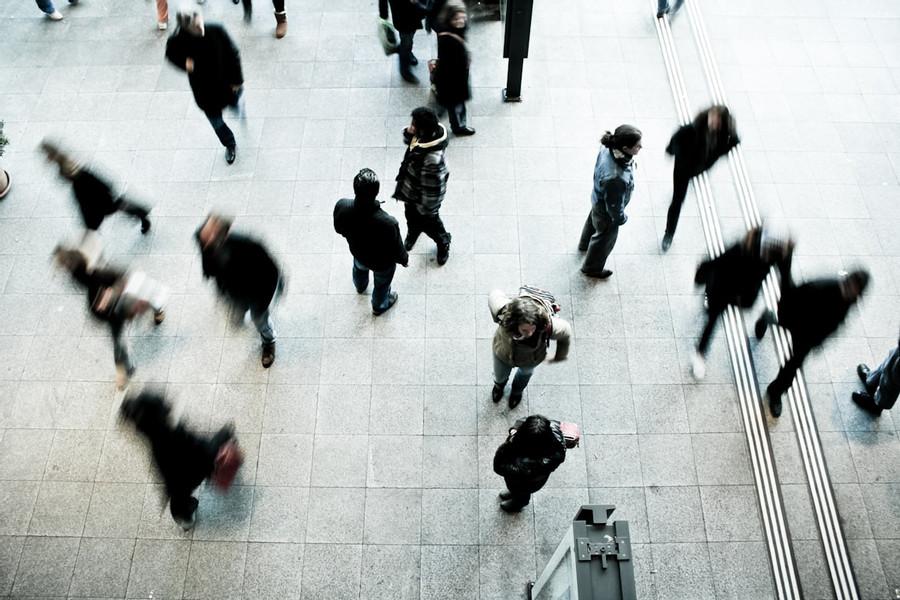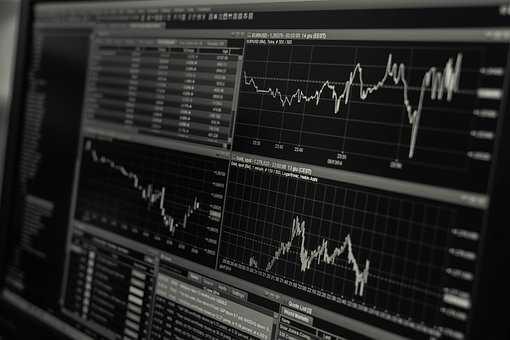Behavioral Economics (BE)
BE uses psychological experimentation to develop theories about human decision-making and has identified a range of biases as a result of the way people think and feel.
BE is trying to change the way economists think about people’s perceptions of value and expressed preferences. According to BE, people are not always self-interested, benefits maximizing, and costs minimize individuals with stable preferences—our thinking is subject to insufficient knowledge, feedback, and processing capability, which often involves uncertainty and is affected by the context in which we make decisions.
414
4.91K reads
CURATED FROM
IDEAS CURATED BY
Creator. Beer ninja. Travel lover. Twitter evangelist. Lifelong writer. Zombie expert.
The idea is part of this collection:
Learn more about psychology with this collection
How to make rational decisions
The role of biases in decision-making
The impact of social norms on decision-making
Related collections
Similar ideas to Behavioral Economics (BE)
Economic rationality
We usually think about rationality as being sensible or reasonable. For economists, rationality means when you make a choice, you will choose the thing you like best. Economic rationality accepts that people will act in a relatively predictable way.
Economists use thi...
Read & Learn
20x Faster
without
deepstash
with
deepstash
with
deepstash
Personalized microlearning
—
100+ Learning Journeys
—
Access to 200,000+ ideas
—
Access to the mobile app
—
Unlimited idea saving
—
—
Unlimited history
—
—
Unlimited listening to ideas
—
—
Downloading & offline access
—
—
Supercharge your mind with one idea per day
Enter your email and spend 1 minute every day to learn something new.
I agree to receive email updates

